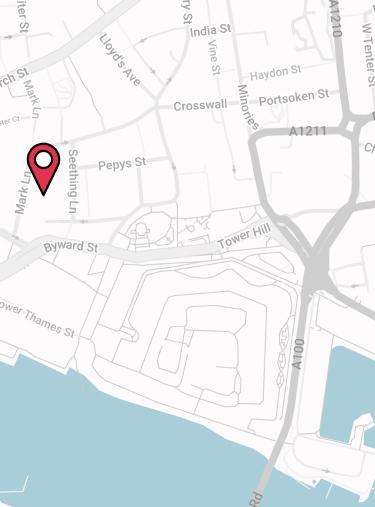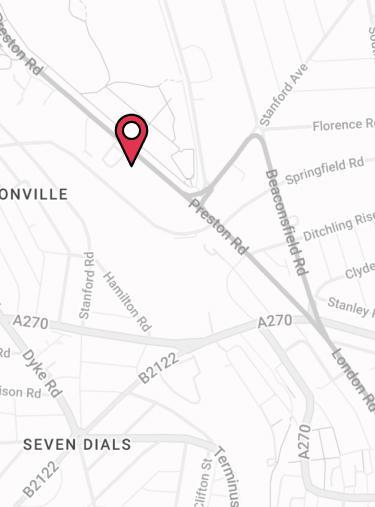Cover yourself for critical illness and incapacity in one product
It’s now possible to combine critical illness cover with income protection in one product. Ageas’ Critical Illness with Total Disability is a critical illness policy which will also cover you if you are unable to work due to sickness or injury.
The critical illness product covers forty conditions where the policy will pay out in full such as cardiac arrest, deafness and six conditions where it will pay out partially for example low grade prostate cancer and angioplasty.
If you do not experience a critical illness or injury but are still too unwell to go to work the policy will pay out once you have been off for twenty six weeks.
You may think that it is unlikely that you will be sick for over six months but research has found that one in 1 in 10 people have been unable to work for over six months due to illness or injury (The Guardian/Unum Survey, 2011).
How much does the policy pay out?
You can cover yourself for up to £2 million and the policy will pay out 100% if you have one of the critical illnesses in the documentation. For the conditions where a partial payment is made the maximum payment is £25,000 or 25% of the total sum assured.
If you are off sick for twenty six weeks the policy will pay out either 1% of the sum assured per month 50% of gross your earnings (which ever is lowest). It will pay out until you are well enough to return to work up to a maximum of payout period of eight years.
Definitions of incapacity
Ageas define incapacity based upon the person’s ability to do one of the following:
- Their own occupation- this is the job they did before they were unwell or injured.
- Their suited occupation-this is the kind of work for which they have the skills.
- Their daily activities- this is the kind of daily tasks people do such as walking and washing.
Ageas choose the definition depending on whether the insured person is working full time and what job they are doing. For example a person who is not doing any paid work would be covered under the daily activities definition of incapacity. Someone in a low risk desk job, for example an accountant would be covered under the own occupation definition and someone who is a teacher (a job considered more risky because of high stress levels) would only be covered under a suited occupation definition.
However even people covered under the suited definition would be covered under the own occupation definition for the first 12 months.
Some roles involving a high degree of manual labour or physical activity such as builder, gardener and taxi driver could not be covered for total disability or total and permanent disability.
The policy uses the Own Occupation definition of incapacity for full time workers for the first 12 months. This means that if you are unable to do your own job due to illness or injury it will pay out. After 12 months it reverts to the cover provided by the category you are in whether that is own occupation, suited occupation or daily activities.
Total permanent disability
If the insured person’s condition worsens and becomes a total permanent disability the policy will pay out a lump sum even if it is not on the critical illness list. However any previous payments will be deducted from the lump sum.
Summary
- Policy options: you can have level increasing or decreasing cover. Increasing cover will protect against inflation, decreasing plans are usually chosen by people who wish to cover a repayment mortgage.
- If you add “total disability” to the critical illness policy it will pay out even if your condition is not one of the critical illnesses listed.
- This cover pays out 1% of the sum assured per month after 26 weeks off work.
- The income protection can pay out for up to eight years.
- It provides at least 12 months own occupation cover for full time workers.
- After 12 months the incapacity definition may change to suited occupation cover depending on your occupation.
- If a payment is made as income protection then it will be deducted from any future critical illness payout.
Drewberry's Review
This product fills a gap in the market as it covers cases where the insured person is incapacitated and cannot work but not suffering from a permanent condition or a critical illness. The maximum term is eight years so it is a medium term form of income protection. The average claim term with LV for income protection was for seven years so this length term will suffice in many cases however there is still a risk that the incapacity will be for a longer period of time.
Ageas assess the claim on an ‘own’, ‘suited’, or ‘daily activities’ definition depending on the customer's occupation or circumstances. The 'own occupation' definition is the most comprehensive so people will need to take this into consideration when looking for a policy. For more manual workers or workers who need a shorter deferred period a specialist income protection plan might be more appropriate.
This policy may be a good option if you are looking for critical illness cover and income protection but do not have the budget for a separate long term income protection policy. However it is worth contacting Drewberry to discuss your situation in more detail so that we can find the right product for you. The cost of the premiums is only one of the factors that you need to take into consideration when choosing a policy.
- Topics
- Income Protection
Contact Us
125-135 Preston Road
Brighton
BN1 6AF
Cookies
Drewberry™ uses cookies to offer you the best experience online. By continuing to use our website you agree to the use of cookies including for ad personalization.
If you would like to know more about cookies and how to manage them please view our privacy & cookie policy.









